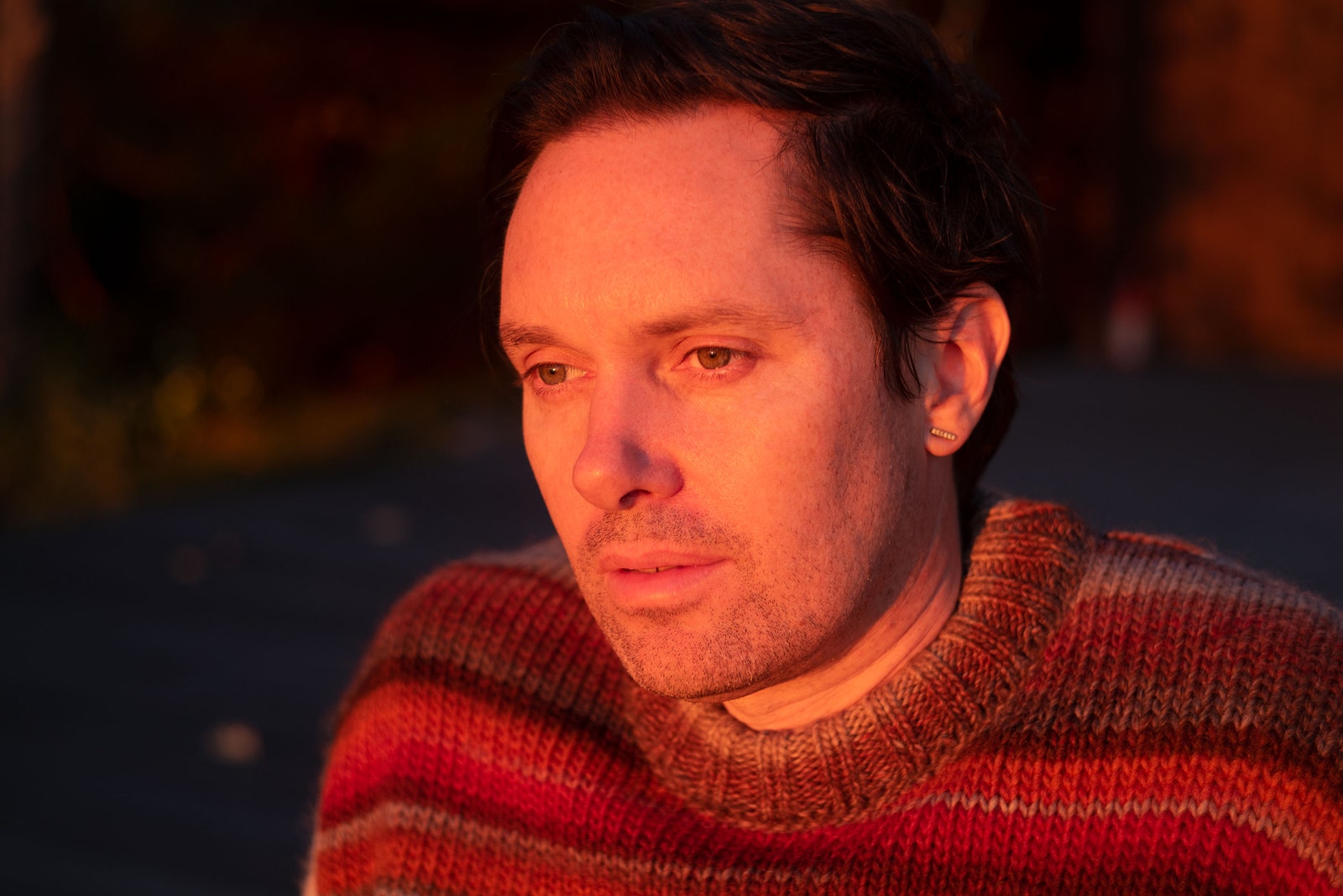Medow-Jenkins was raised at the Esalen Institute, which has attracted thought-leaders, weirdos, and in recent years Silicon Valley denizens to its idyllic spot along the ocean. “It's going through a weird
phase right now,” says Medow-Jenkins. When she was young, she roamed Esalen’s grounds with a small pack of kids whose parents worked there and ate with a hundred people every night. “Especially as I get older, I feel a desire to raise my kids the way that I was raised,” says Medow-Jenkins. “Topanga, if we are going to stay in L.A., felt like the closest thing for me to home.”
Medow-Jenkins’s upbringing was far different from Milosh’s, in Toronto, which became glaringly evident during an early nude hot-tub encounter with her mom. But the differences between and Canada and California ran deeper than clothing, or a lack thereof. “It carries over into the thought process when you're [in Toronto]: you don't take as many risks creatively because it's actually a very conservative city. L.A. is a rougher city in a way, but it's really creatively open.”
Over time, Milosh has found his personality to be amenable to the California lifestyle. When he realized how much music videos cost before the release of his second album, Blood, he bought a professional-grade camera and they set about making the videos themselves. To cut back on the cost of editors, he taught himself how to do it with the help of YouTube tutorials. They shot all of the album art for Home on the house’s grounds, often with Medow-Jenkins serving as the model. “It is a very West Coast mentality that we're doing things no matter what,” he says. “It's infectious in a positive way. You get this charge of, I'm going to make this album, no matter what. I'm going to make this music video, no matter what. We're going to do these events, no matter what.”
As the pandemic has continued on for nearly a year, like many of us, Milosh and Medow-Jenkins have come to define time through the different endeavors they’ve used to occupy their energy. “We started with Corona Sabbath, then we went through the African dance phase, and then we went through the going to the desert phase,” says Medow-Jenkins. “Now we're in the Malibu-playing-games-and-going-to-the-beach phase.”
One constant has been their devotion to Secular Sabbath. Before mass gatherings became verboten, Medow-Jenkins developed these events into distinctly LA all-nighters that featured soothing musical performances, as well as activities like tea ceremonies, tarot card readings, sessions by healing practitioners, and meals prepared by people who describe themselves as “holistic chefs.” Milosh has become her partner in the project. They hope to eventually expand Secular Sabbath to include a record label and a creative space with echoes of Esalen.
Until the pandemic ends, many of the couple’s plans will remain in the ideation stage. For now, they’ve mostly continued on with Secular Sabbath as virtual events, where Milosh performs improvised ambient music. During the pandemic they’ve held them at a range of locations, including outside of James Turrell’s Roden Crater in Arizona. But most of them have happened at the Topanga Canyon home. The stage can be anywhere, even on top of their concrete fire bunker at six in the morning. They don’t think the neighbors mind—another benefit of life in Topanga. “It’s quieter here, and it’s quieter in the world right now,” says Medow-Jenkins. “So we have that.”

